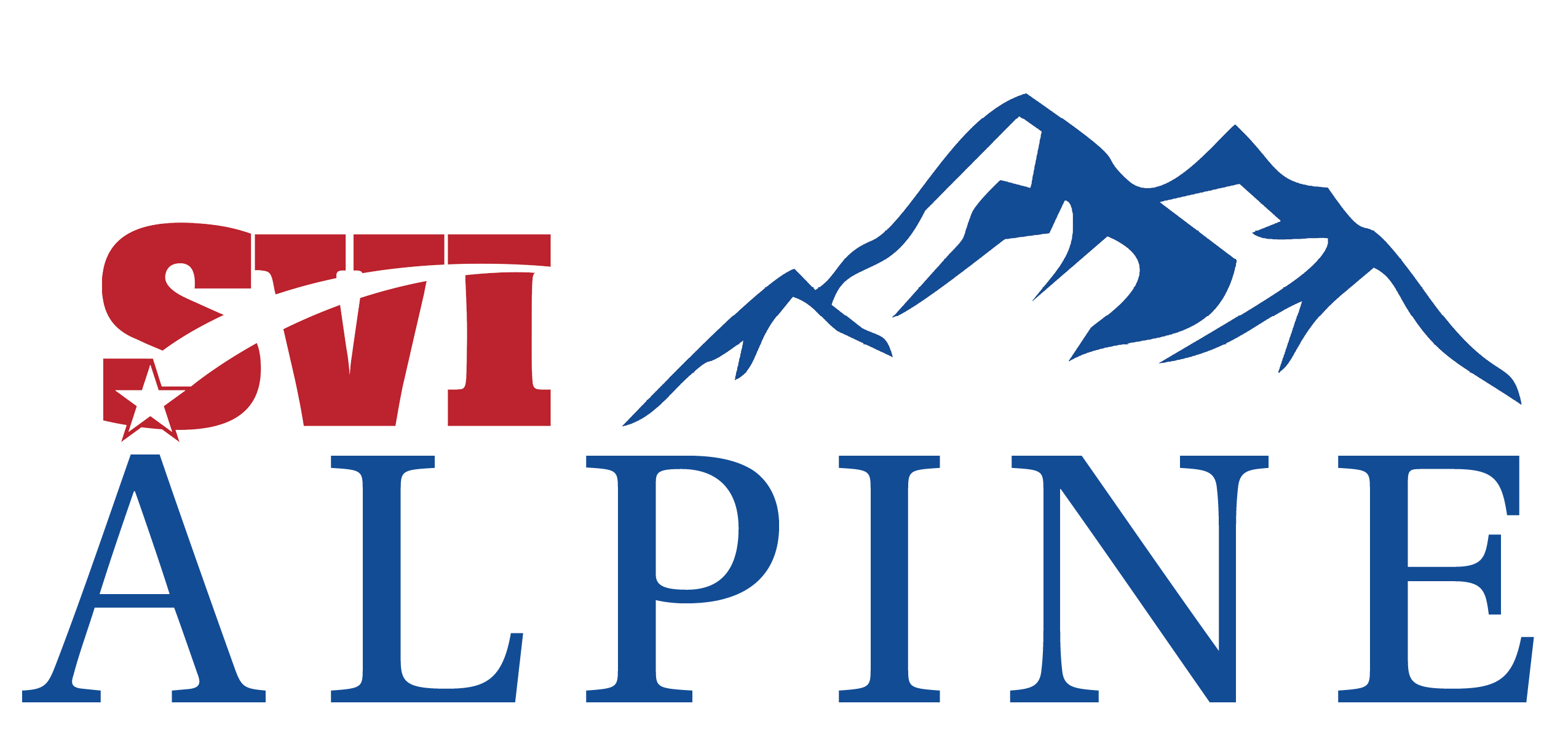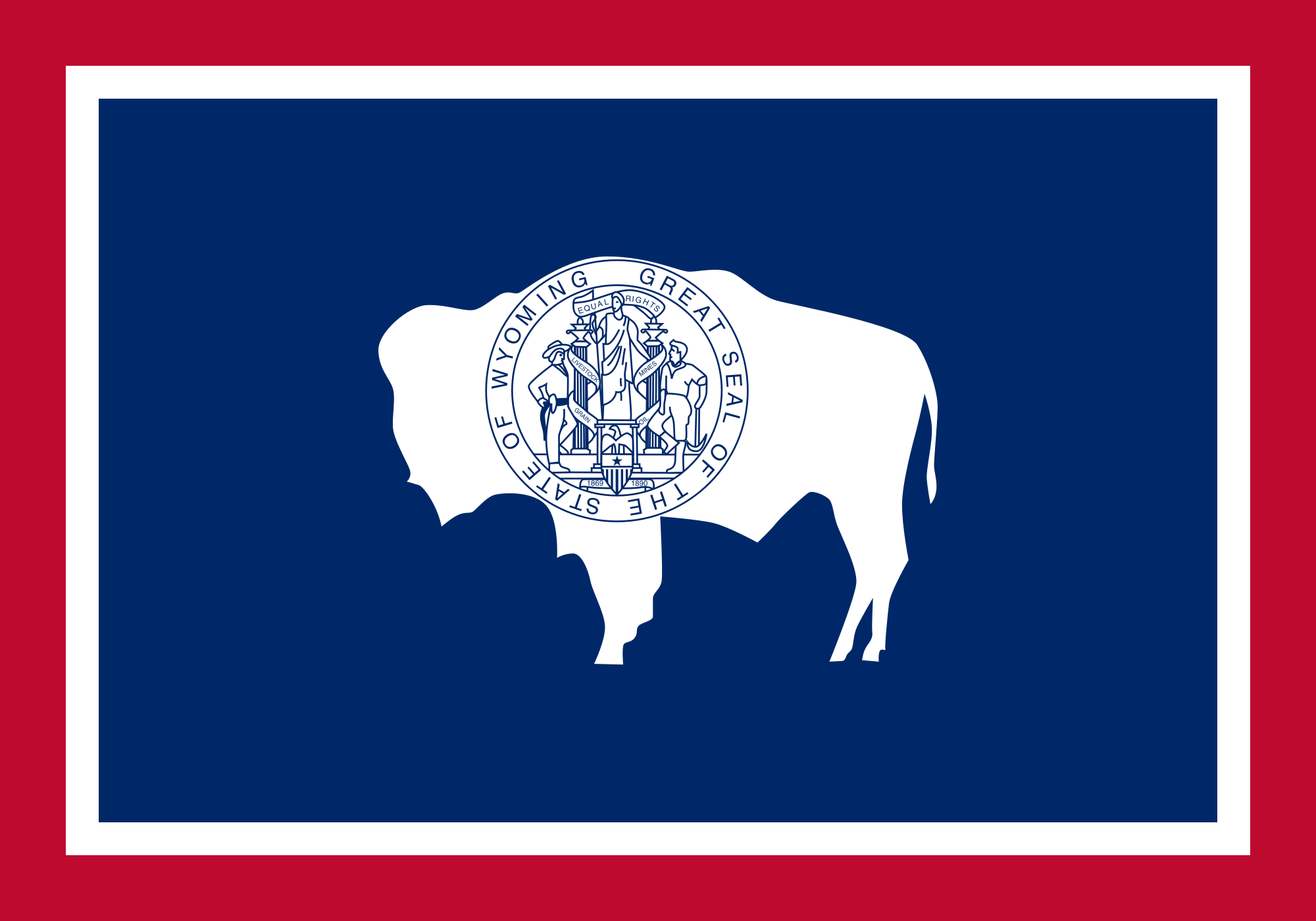Tariffs met with mix of hope, trepidation and uncertainty
By Dahl Erickson
April 1, 2025

A Canadian potash mine in Cory, Saskatchewan. (Photo by Guy Quenneville/CBC)
By Hayden Blackford
Cody Enterprise
Via- Wyoming News Exchange
CODY — Leading up to “Liberation Day,” President Donald Trump’s tariff policies have changed several times, but uncertainty can cause strife, especially for crop producers.
The United States Department of Agriculture announced a 25% tariff on potash, a precursor to fertilizer, will be reduced to 10% to manage operating costs while the Trump administration pursues its policy goals.
Even with potash rates reduced, crop producers will likely be hit first and hardest, according to David Northrup, a farmer and former member of the Wyoming legislature.
“We are offered a price for our products. We don’t get to dictate what we sell it for,” Northrup said. “We buy it retail and sell it wholesale.”
Northrup said that tariffs are likely to be passed on directly and immediately to the American consumer. He noted that tariffs will not inflate the prices of all goods and services; however, the effects of retaliatory tariffs and the subsequent loss of market share for producers may cause downstream effects. Northrup said that these trade policies have potential advantages.
“I think all of the natural resource people will benefit,” he said. “I think that whether you’re mining uranium or coal, you will benefit from this.”
In the end, Northrup believes the tariffs will have a positive impact, but that it will take time for those impacts to be felt. Until then, he said agriculture stands to be hit the hardest.
“If you’re in agriculture, all we ever do is wear out steel,” Northrup said. “We put iron in the ground and wear it out. And if it comes from any of the countries that are being tariffed, then of course that price will increase.”
Canada holds the world’s largest potash reserves and the U.S imports 85% of the mineral used in many fertilizers from Canada, according to a report by the Fertilizer Institute. A tariff on potash could translate into feed, which could then be passed onto cattle. Still, there is potential for domestic potash production to expand, and the Trump administration added potash to its most recent list of critical minerals in an effort to incentivize production.
Some farmers, like Scott Richard of Shoshone Farms, are unbothered by the 10% tariff and remain hopeful for positive changes in the job market and the broader economy. Richard said that if past trends were to continue, he would have to cut back his production.
“Due to the small size of this farm, it is unlikely tariffs will have any effect on my operations,” Richard wrote in a recent email, adding he does not use potash. “I only sell my products locally, so it is unlikely tariffs will do much.”
Potash prices are still a concern for Brett Moline, policy director for the Wyoming Farm Bureau Federation. Moline said that Canada is a major supplier and ramping up domestic production could be a slow process, although he does believe that more manufacturing should be encouraged domestically.
However, Moline highlighted the changing nature of the Trump administration’s tariffs.
“There’s a lot of speculation out there right now. We don’t know exactly what’s going to happen,” he said. “As quickly as these tariffs come on, they can come off.”
In agriculture, a sense of unease can drag on productivity. Agriculture has a low return rate and uncertainty impedes planning logistics; many agricultural products also have a short shelf life.
Moline said farmers are beginning to decide what to plant and at what amount, without knowing what returns they can expect in the future. In an industry where the bank is such a necessary partner, even taking out more debt for a new tractor can cut into a business’s profitability.
“We can get a long time out of a pickup or a tractor, but we can’t get forever,” Moline said.

